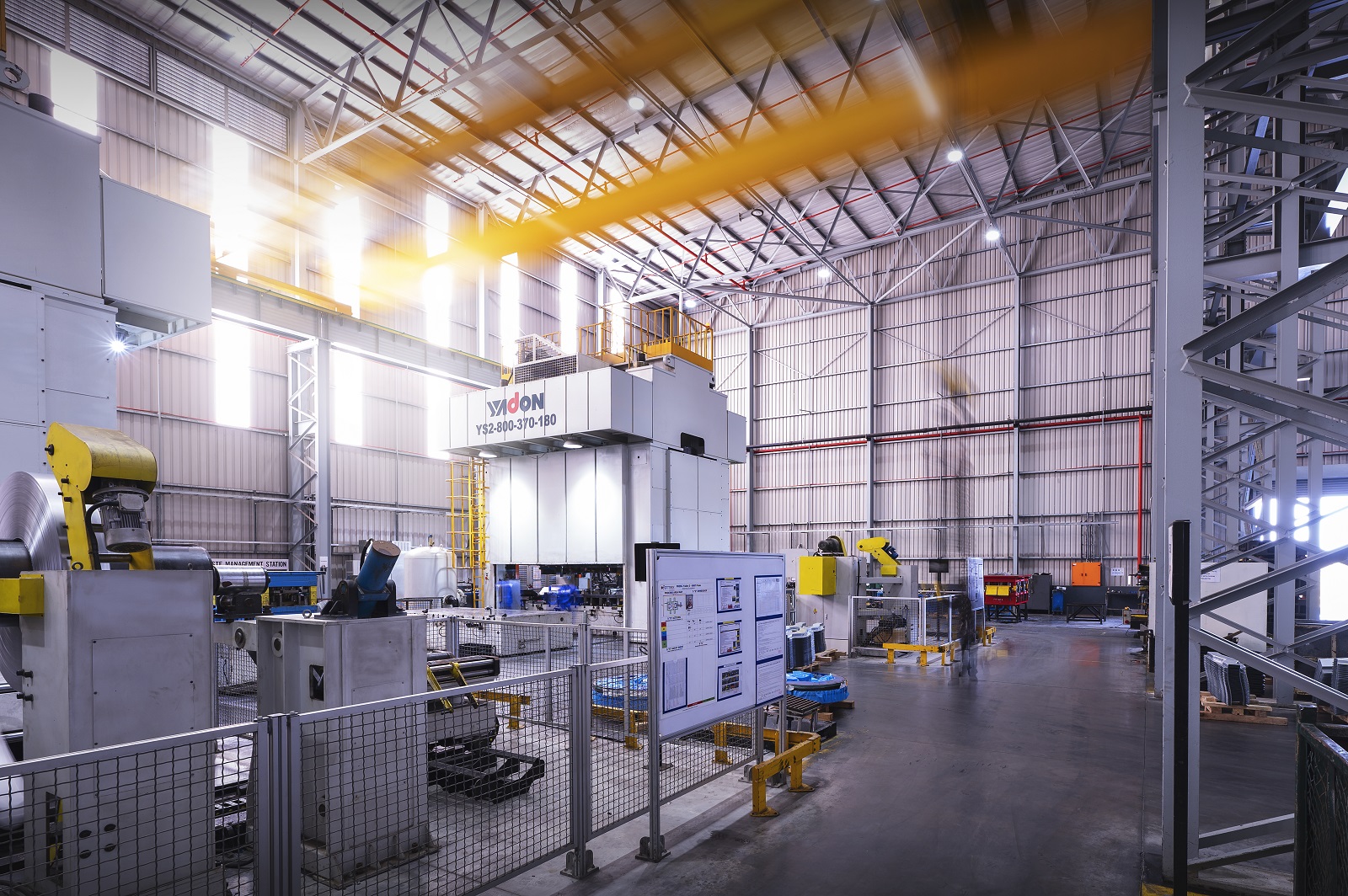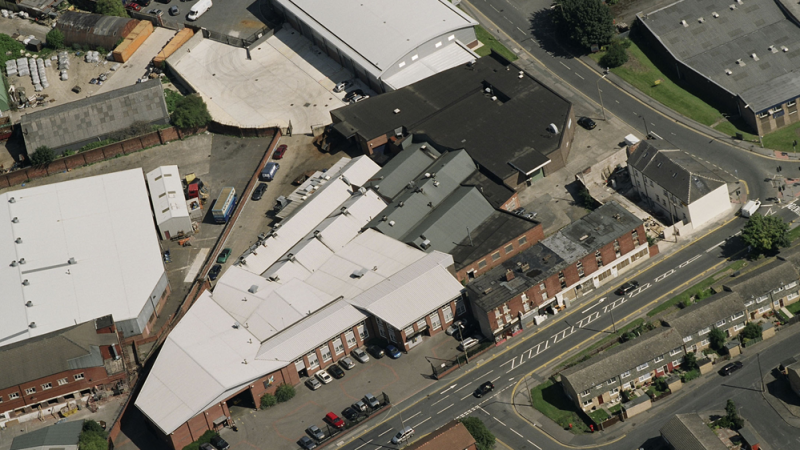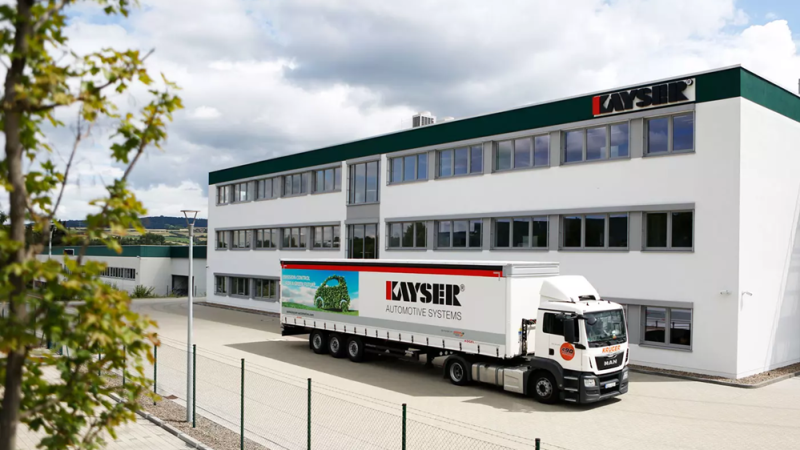Formex Industries is celebrating its 111th birthday this year. That is 111 years of using metal forming and assembly to provide complex productions to the automotive industry and export market. Based in the Nelson Mandela Bay Metropole, Formex is perfectly positioned in South Africa’s foremost automotive manufacturing and export region.
The company consists of two key divisions, Formex Pressings and Formex Tubing. Formex Pressings specialises in stamped and assembled components that are used widely in the automotive industry for various applications including chassis, body panels and structural parts. The firm also provides a wide variety of these products directly to customers, including chassis components, brake and suspension system parts, engine and transmission components and structural parts.
Formex Tubing, meanwhile, distributes tubular and exhaust-related components. It is a firm that reaches beyond the automotive industry to provide stainless steel tubing to a selection of 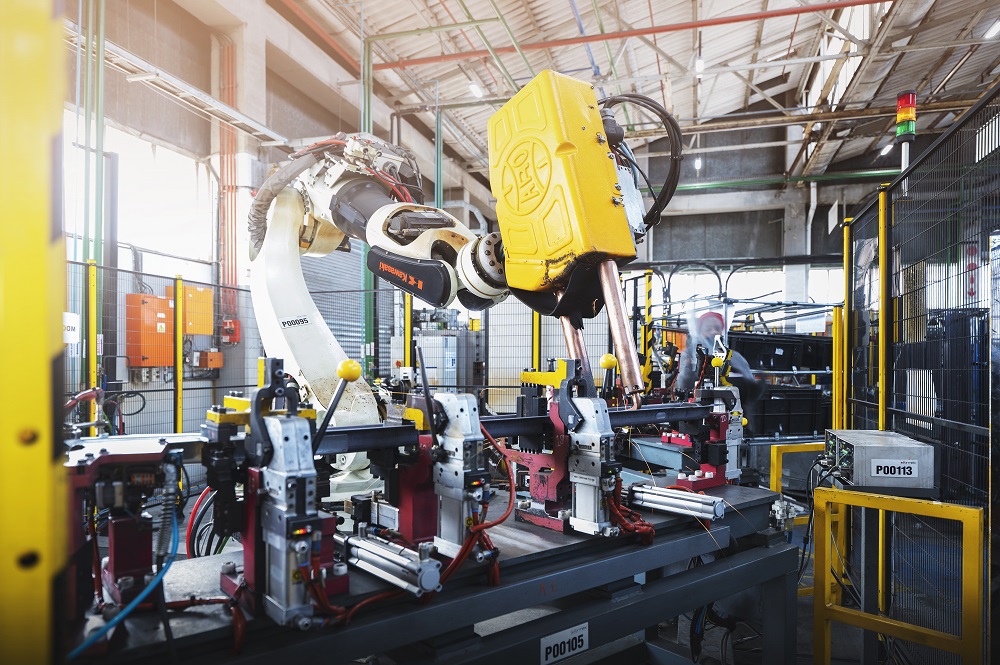 industries. With laser welding, TIG welding, computer numerically controlled (CNC) bending and forming and robotic welding technology at its disposal, Formex Tubing can manufacture tubular components such as exhaust system components, air conditioning, suspension system parts and boiler and air reheater tubes.
industries. With laser welding, TIG welding, computer numerically controlled (CNC) bending and forming and robotic welding technology at its disposal, Formex Tubing can manufacture tubular components such as exhaust system components, air conditioning, suspension system parts and boiler and air reheater tubes.
“Formex plays a key role as a specialist metal forming and assembly company, supplying automotive parts, completed assemblies and tubular products to various global automotive brands,” says Hennie Venter, CEO of Formex Industries.
The company is owned by Deneb Investments Limited, a subsidiary of Hosken Consolidated Investments Ltd (HCI).
Supporting an Industry
Led from its head office in the Aloes Industrial Park, with a factory based at Struandale, the company supplies products to big names including Ford, Toyota, Isuzu, Mercedes-Benz, VW, Forvia, and PUREM.
The firm has a number of ISO certifications and industry-related awards to its name, the latest of which is an A-rating in the Verband der Automobilindustrie (VDA) 6.3 process audit. This certification is the industry standard for evaluating and improving controls in a manufacturing facility’s new product introduction and manufacturing processes.
“These exemplary ratings are indicative of the exceptionally high standards maintained by Formex and ensure that Formex continues to lead the way in the automotive industry in terms of quality, service delivery and best pricing,” Venter tells us.
Formex needs to deliver those levels of quality while keeping costs under control and finding efficiencies wherever possible, especially when South Africa can be a challenging environment to do business in.
“We have a hard-line approach internally on efficiency and cost. The latest interview with Thomas Schaefer, CEO of VW Brand globally, clearly indicated that South Africa is becoming less attractive due to various issues such as an unreliable grid, failing logistics infrastructure and increasing labour costs,” says Venter. “It is our mission to negate those issues and become more productive to balance out the above and retain our place as a leading automotive supplier in this vibrant manufacturing sector.”
This is why Formex has joined 15 other companies in a multi-billion-rand pledge to invest in the South African automotive sector. The R4.8 billion group pledge was announced at the National Association of Automotive Component and Allied Manufacturers (Naacam) Show, which took place at the end of August 2023.
“Formex is proud to stand alongside these companies and commit to improving the local automotive sector,” Venter tells us.
Investing in the Future
But as well as investing in the industry as a whole, Formex has also recently invested over R140 million towards technology and manufacturing expansion projects for its own facilities, largely through financial support provided by Deneb Investments.
“These upgrades have put Formex in a key position to respond to emerging export markets. This brings the total investment in the past seven years to approximately R340 million,” says Venter.
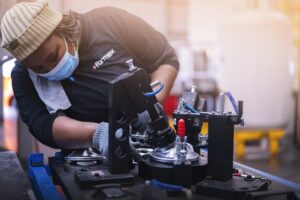 As part of these investments, Formex installed a new 1,600-ton auto-transfer press at the Struandale plant.
As part of these investments, Formex installed a new 1,600-ton auto-transfer press at the Struandale plant.
“This is the largest press in the Eastern Cape for a locally owned supplier and will allow Formex to become more internationally competitive for body shop stampings, which is important in the shift away from traditional internal combustion engine components,” Venter says proudly. “A second 1,000-ton press has also recently been installed.”
As well as adding more equipment, Formex has also been chosen by VWSA as one of 15 strategic VWSA suppliers to be part of its pilot program for carbon footprint reduction.
“We have spent seven months gathering detailed ASIS information,” Venter says. “We have now agreed on specific projects and reduction targets. Most of these will be implemented and completed during 2024.”
At the same time, Formex, like many companies in South Africa, is looking for ways to become less reliant on the grid.
“This will ensure we maintain our stability and reduce our operational costs,” Venter points out.
Formex is not only investing in its equipment and the sustainability of its operations. It is also investing in its people. Formex is a supplier with 69% black ownership, of which 37% are black women.
“Formex is aligned with the HCI Foundation that focuses on educational assistance to our people and has contributed a total spend of R9.7m from 2016 – Jan 2024 in bursaries and grants in the NMB metropole,” Venter points out. “We further strive to give these individuals opportunities within the Group as far as possible. Developing and promoting our people is a big part of our internal HR policy and we have seen exceptional results over the years.”
All in all, Formex is well-positioned to embrace new opportunities, particularly as the company has begun exporting to Mexico.
“We have our eye on a few new customers, and we are aggressively chasing some exciting projects for growth,” Venter says.
